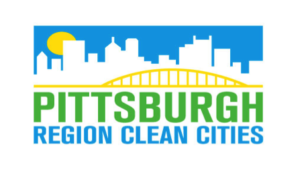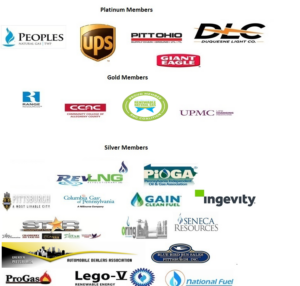 August 4, 2016. UPS announced the company has achieved its goal of driving 1 billion miles in its alternative fuel and advanced technology fleet one year earlier than planned, and marked more than 10 years of learning from its “Rolling Laboratory.”
August 4, 2016. UPS announced the company has achieved its goal of driving 1 billion miles in its alternative fuel and advanced technology fleet one year earlier than planned, and marked more than 10 years of learning from its “Rolling Laboratory.”
UPS’s long-term commitment to sustainability is transforming commercial transportation and logistics, spurring growth in the clean fuels market and powering critical engineering advances. The company’s wider sustainability progress is detailed in the 14th annual Sustainability Report.
“We had a big sustainability goal as we set out to make the most of our rolling laboratory by driving 1 billion clean miles in alternative fuel vehicles – that’s the equivalent of well over 4,000 trips to the moon,” said David Abney, Chairman and CEO, UPS. “While attaining this goal is new, our commitment to seeking out alternative fuels actually dates back to the 1930s when UPS tested electric vehicles. With more than 100,000 drivers logging more than 3 billion miles per year, our future depends on our ability to meet the growing demand for global trade while reducing our impact on the environment.”
UPS deepened its commitment to alternative fuels in 2012, when it set the goal of reaching 1 billion miles driven with alternative fuels by the end of 2017. Shattering that goal one year early, about 12 percent of the conventional diesel and gasoline fuel previously used by UPS’s ground fleet is now being replaced by alternative fuels including renewable natural gas and renewable diesel.
“The question wasn’t should we make alternative fuels work?” said Mike Whitlatch, UPS’s vice president of global energy and procurement. “Instead, it was ’What’s the best way to make alternative fuels work for UPS, and for the environment?’ After more than a decade of focus, we are now driving more than 1 million miles globally each business day in our alternative fuel and advanced technology fleet.”
Recognizing alternative fuels and advanced technologies each have unique advantages depending on the routes and geographies in which they are used, UPS deploys the more than 7,200 vehicles in the Rolling Lab to determine what works best in each situation. From old-fashioned pedal power and electric-assisted bicycles in dense urban areas like London and Hamburg to electric and hybrid electric vehicles in the U.S., and natural gas, renewable natural gas and propane globally, UPS is putting sustainability innovation into action, all over the world.
By the end of 2016, UPS will have invested more than $750 million in alternative fuel and advanced technology vehicles and fueling stations globally since 2009.

